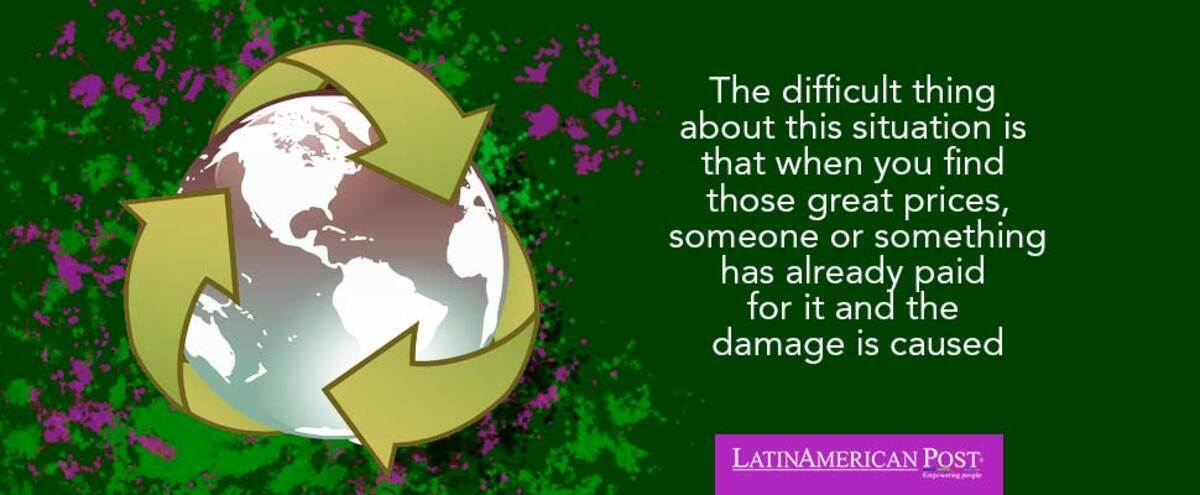Opinion: Reject, The Most Important R of the Sustainability Model
In such a consumerist society, in which we are surrounded by advertising, rejecting becomes the priority. The guiding question is, do I really need everything I want or buy?.

Photo: Pixabay
LatinAmerican Post | María Fernanda Ramírez Ramos
Escucha este artículo
Leer en español: Opinión: Rechazar, la R más importante del modelo de sostenibilidad
The "3Rs" of sustainability refers to a model in which it is proposed to reduce, reuse and recycle waste to achieve a more efficient, conscious and sustainable use of resources. Since it became popular, new "R"s have been added to enrich this model. Thus, up to "10 R" have been pointed out that would be essential to apply in the midst of the planetary crisis that includes the dangers of climate change, pollution, and loss of biodiversity.
Recycle, Reduce, Reuse, Recollect, Recover, Repair, Redistribute, Restore, Redesign and Reflect thus become the guides for a sustainable life. However, the R that should be the protagonist, at least on a day-to-day basis, is the R for Reject. However, it is the one that goes unnoticed (or non-existent) the most. This invisibility happens because it challenges the prevailing system, where excessive consumption determines many spheres of life. For this reason, a real transformation of our habits requires that first moment of reflection that leads us to say NO.
Also read: What are the Ways to Remove Carbon Dioxide from the Environment?
Few of the generations have grown up with an almost infinite availability of products at our fingertips in a relatively easy way. Clothing, accessories, technological tools and decorative elements parade every day on Pinterest boards, brand profiles on Instagram or in the video of the fashion influencer on TikTok. We could spend hours looking at the fashion app to order a couple of clothes that will fly across the world to reach our house at "great prices". Fashion seasons change several times a year, and each time "you have to buy something to keep up with the style." It is becoming easier (for millions of people) to buy, buy and buy.
The difficult thing about this situation is that when you find those great prices, someone, or something else has already paid for it and hurt you. A person who has been made vulnerable by the industry, an intoxicated river that has lost its channel, a community that has been flooded with garbage, an animal that has choked on pieces of eternal plastic or a worker without labor rights they have suffered for an object to reach our house.
However, I will not be a hypocrite. Saying no and rejecting is very difficult in a system in which exacerbated consumption has become natural to the point where we lose track of the value of things. Committing costs and an awareness or reflection without action, does not make any sense.
Especially women, we are the target of the creation of a series of unreal needs. Thus, all the time we receive messages about products and things that seem essential to our social and personal lives. Makeup, clothes, accessories, shoes… Your style doesn't matter, the important thing is to have them. This, moreover, not only falls within the logic of a savage capitalism, one that destroys the earth, but is also aligned with a macho society. This society asks us for characteristics that do not come alone, that imply acquiring a thousand products and tools.
Rejecting, thus, is also a way of circumventing the meaningless impositions that have been transmitted to us for generations, especially women. Rejecting is liberating. To say that we do not need, nor do we want, all the products generated without conscience. To reject is to know that everything has a cost, a value, and an origin. For this reason, before buying something, it is necessary to ask yourself about the history of that product. Do I really need it?




